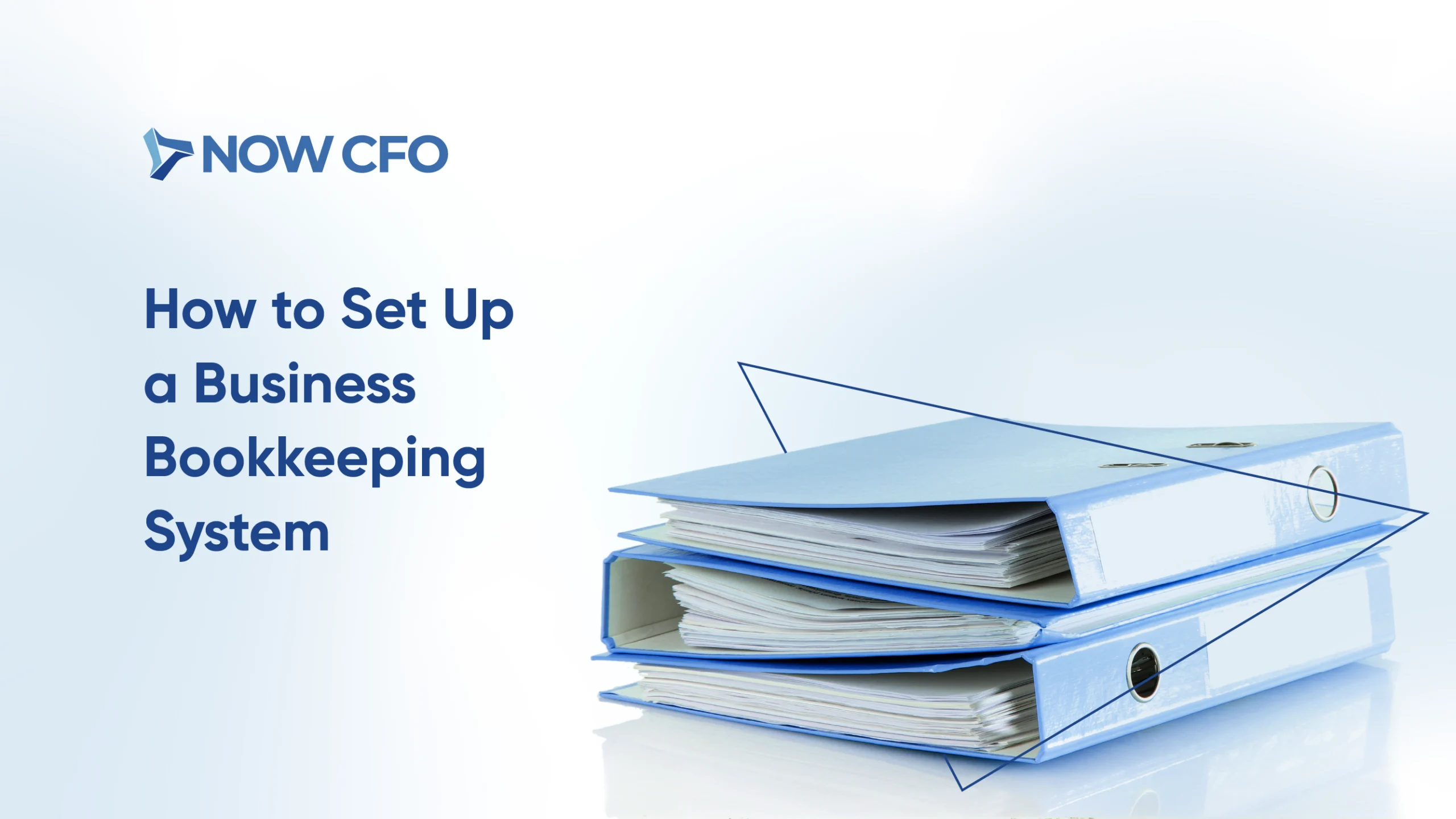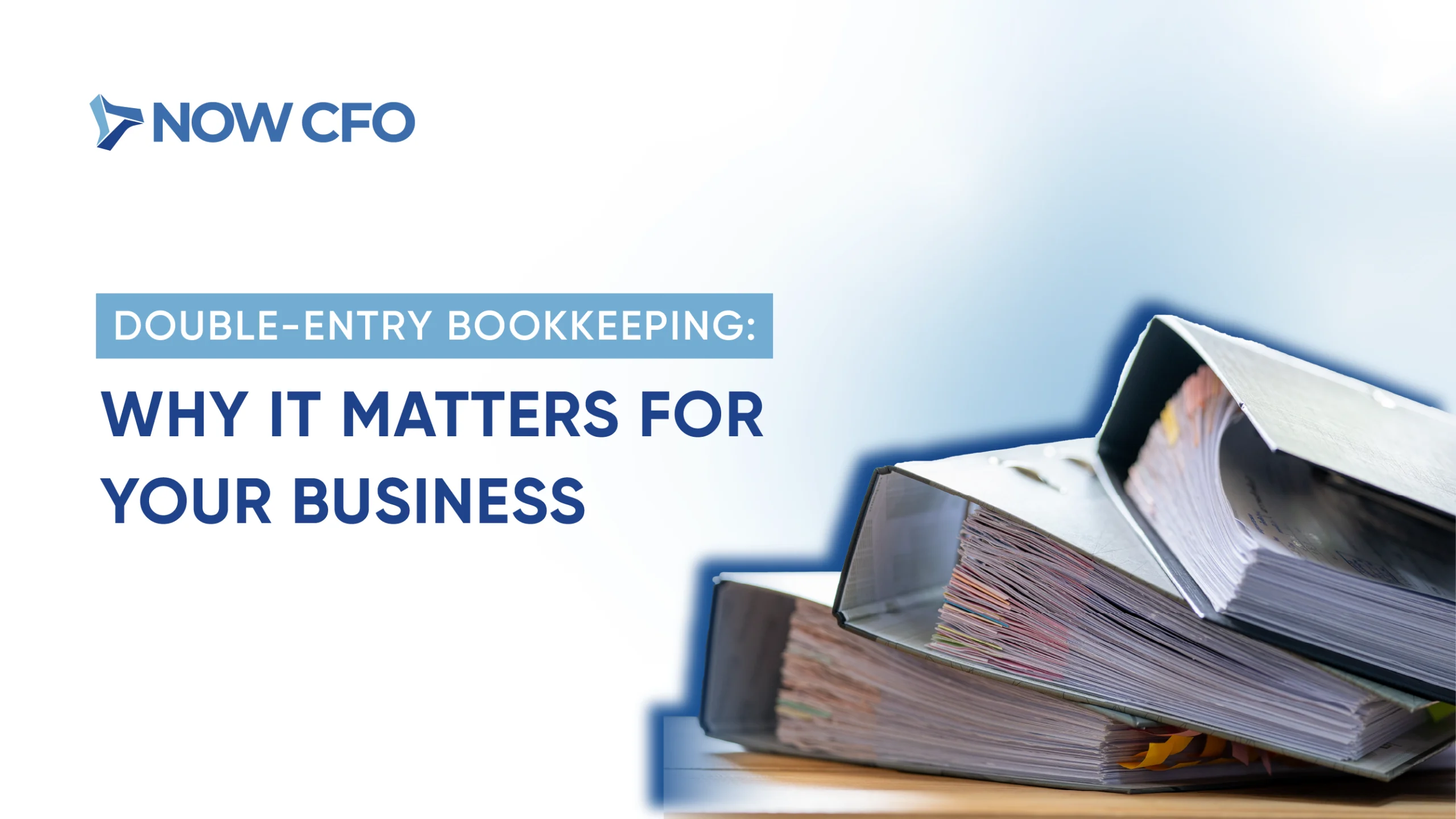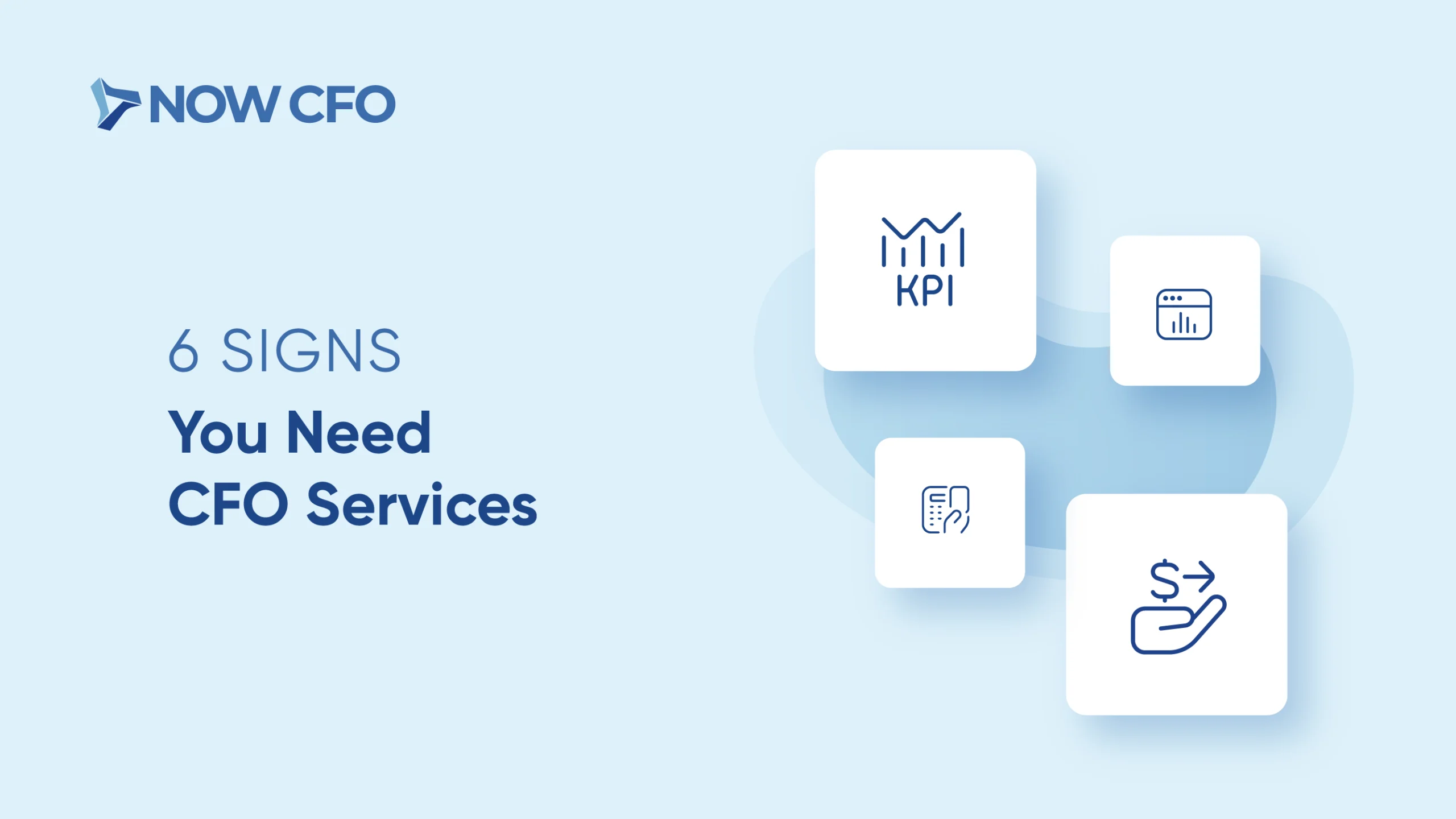
What Is Financial Reporting and Analysis?
Financial reporting and analysis is the foundation of a thriving business and gives investors, creditors, and other businesses an idea of the financial integrity and credit worthiness of your company. The reporting gives a high level of insight about company’s finances such as revenues, expenses, profits, capital, cashflow and more. These figures are all vital for the success of a company and are all legally required for tax purposes.
Financial reporting requirements vary across public, private, and nonprofit organizations. It is important to know these requirements in order to produce accurate financial statements and reports. Not only is financial reporting a legal requirement in most countries, but the accuracy of financial statements should not be underestimated. It is crucial to have a solid financial model to follow and analyze your company’s financial statements for decision-making purposes. This will ultimately provide understanding of the overall health of the organization.
The Benefits of Financial Reporting
- Improved debt management: Financial reporting will help you track your current assets divided by the current liabilities on your balance sheet to help gauge your liquidity and manage your debts accordingly.
- Trend identification: It is important to be able to identify trends, past and present, to get ahead of any potential weaknesses while helping you make improvements that will benefit your business.
- Liabilities: Managing your liabilities is a critical part of your company’s ongoing financial health. Business loans, credit lines, credit cards, and credit extended from vendors are all integral liabilities to manage. If you’re planning to apply for a loan, financial statement data can be examined, and it is easy to determine if you need to reduce existing liabilities before applying.
- Progress and compliance: Access to financial reporting will offer an opportunity to improve your financial efficiency over time, but it will also ensure you remain compliant, which is essential for your business. Some companies may have stricter financial reporting requirements due to SEC Reporting standards.
- Cashflow Forecasting: Cashflow is essential to the financial wellbeing for any business. It must be possible to deep-dive into the cashflow to know how much profit to anticipate along with the liabilities, keeping your monetary movements secure.
- Communication & data access: If your team can understand emerging trends and can share essential financial data, your organization will become more efficient, more innovative, and protected against potential compliance issues or errors.
What Are the Different Methods of Financial Reporting?
- The GAAP (Generally Accepted Accounting Principles). This is the system used by the United States, and almost no one else.
- The IFRS (International Financial Reporting Standards). This system is utilized by more than 110 countries around the world, including Canada, Australia, India, and China
- The GDPR: (The General Data Protection Regulation): This came into effect Spring 2018. It is designed to modernize the laws that protect the personal information of individuals, which means that if you’re handling sensitive financial data of any kind, insights, or metrics (involving that of your investors, clients, or partners), you must ensure that your reports are compliant.
The 3 Financial Statement Analysis Methods
- Horizontal Analysis: This compares historical data to detect growth trends across different time periods.
- Vertical Analysis: Vertical analysis compares items on a financial statement in relation to each other, such as an expense item expressed as a percentage of company’s sales.
- Ratio Analysis: This analysis compares line-item data. P/E ratios, earnings per share and dividend yield are examples of ratio analysis.
Examples Of Reporting in The Real World
There are many scenarios in the life of a business where financial reporting will be useful. Some questions that will be asked that will utilize financial reporting and analysis are if purchasing a certain stock is a good idea at the time for the business, if the company is profitable, and what direction the company is going financially in the future.
Financial reporting and analysis will be necessary when determining if it is appropriate to apply for another line of credit and how much cash is available. These are all extremely important questions that all companies will face at some point.
What Can Our Financial Reporting Managers Do for You?
NOW CFOs Financial Reporting Managers can help with reporting services such as: cash low forecasting, financial statement preparation, disclosure preparation, bank packages, audit preparation, sales tax compliance, revenue recognition compliance and many more services when it comes to financial reporting and analysis.
Our consultants are experts with reporting and analysis and will be sure that your company is in great financial standing for not only the time being, but to be set up for success in the future.
Get Your Free Consultation
Gain Financial Visibility Into Your Business
We provide outsourced, fractional, and temporary CFO, Controller, and operational Accounting services that suit the needs of your business.
- Hourly Rates
- No Hidden Fees
- No Long Term Requirements
NOW CFO provides the highest level of expertise in finance and operational accounting to accelerate results and achieve strategic objectives for sustainable growth and success.
After completing the form, a NOW CFO Account Executive will reach out and learn more about your needs so that we can pair you with the right Partner.














